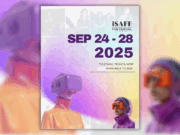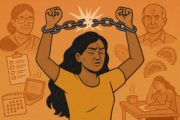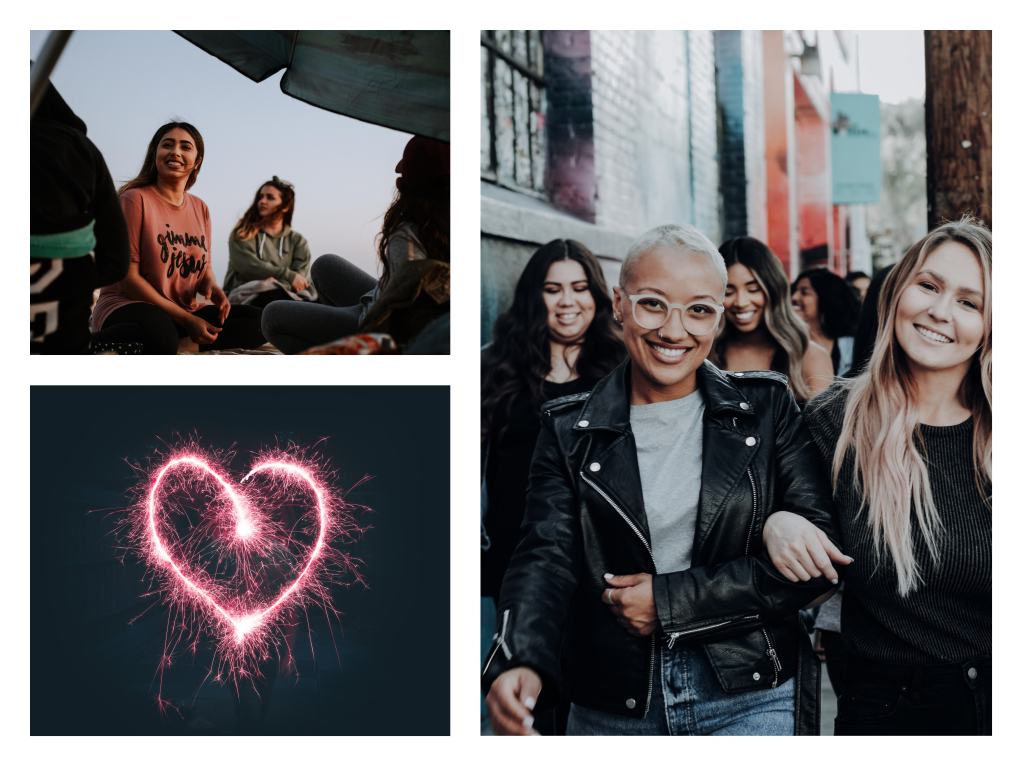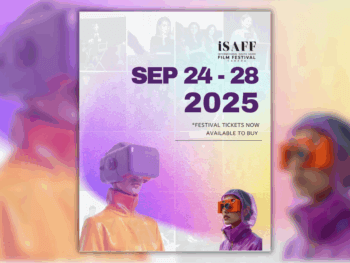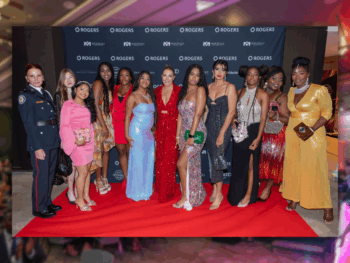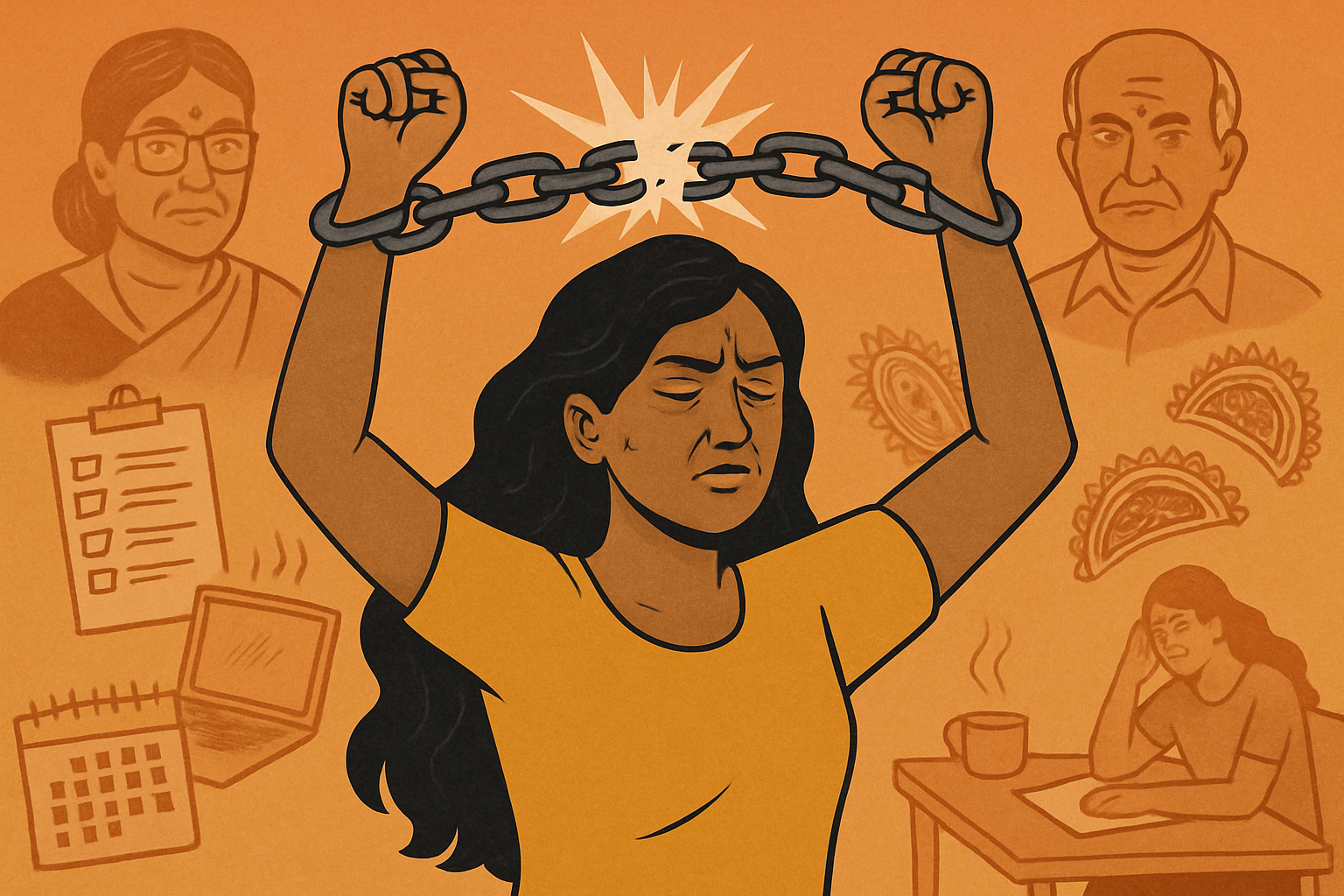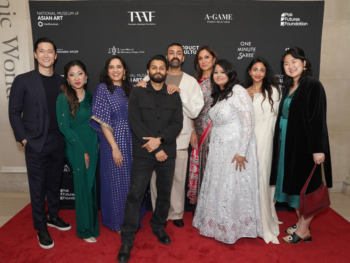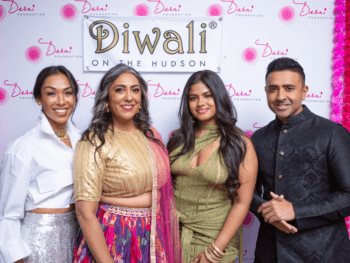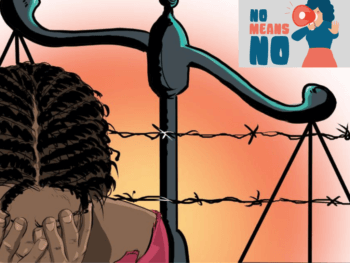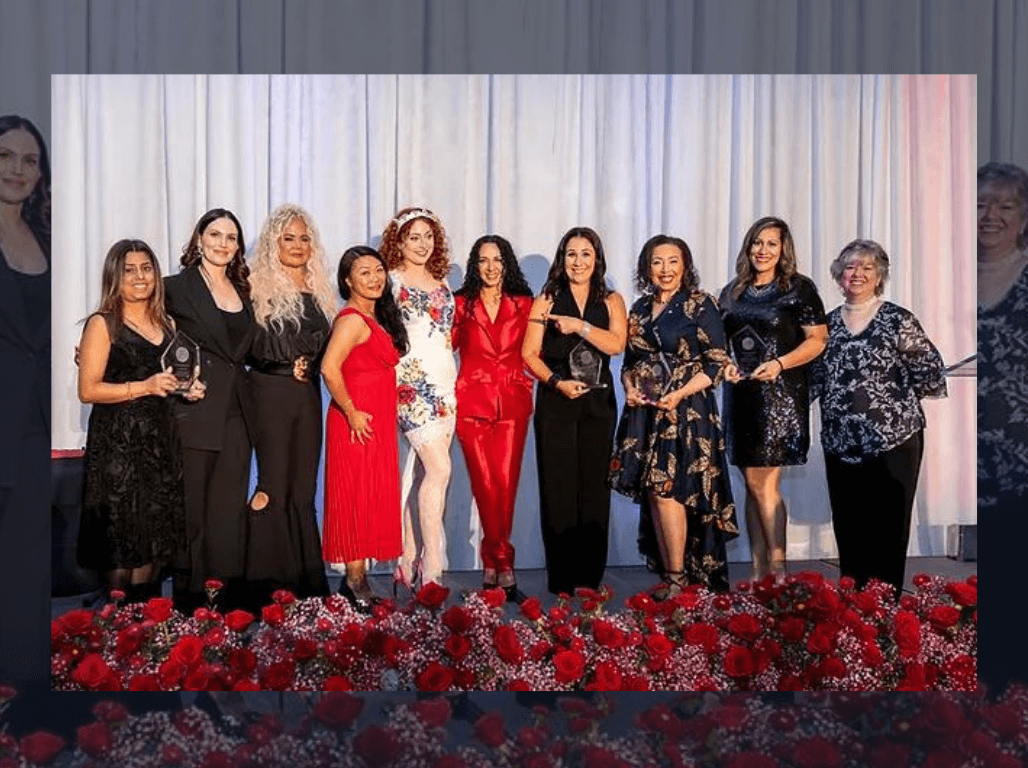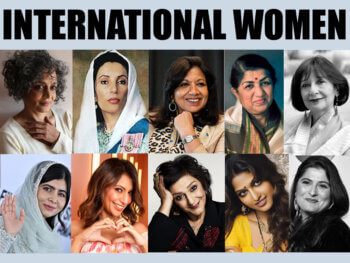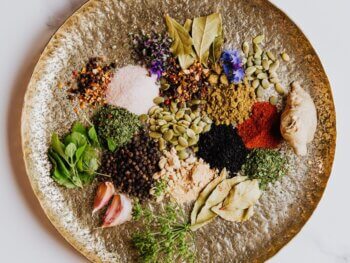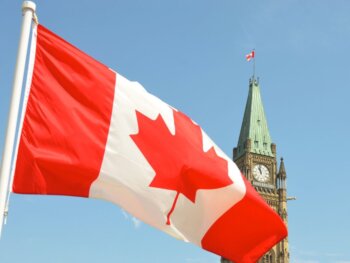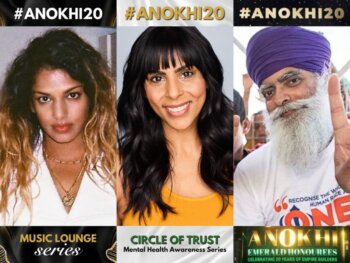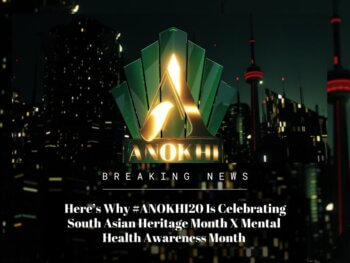The pandemic has affected so many facets of our lives, including our friendships. Our very own Meena Khan shares what she has discovered about how she would enter into a friendship pre-COVID and what has changed now.
What Pisses Me Off: This How The Pandemic Has Affected My Friendships
Everyone is well-informed to be wary of toxicity in friendships. We are on the alert for the mean girl and the frenemy, but there is a third type of toxicity i.e. what happens when you realize that the other person is fine but you have outgrown the friendship? The interactions leave you exhausted and drained, and when the friend’s name flashes on your device you feel stressed.
As children, outgrowing a friend is a normal, healthy part of life because it means that we are developing different interests and evolving as people. In elementary school, I recall thinking that it made sense that my best friend from the fourth grade differed from the one in the fifth grade, because the former was in a different classroom. I missed my former best friend, but I also had a new one, and life went on.
As I got older, and lost touch with people, I realized that it was harder to make friends, as there was simply less time and opportunity to do so. I think the fear of being alone induced me to develop the belief that as adults we should have lasting friendships, because I had outgrown the pettiness of school, and since my time is precious, I only spent it on worthy endeavours such as pursuing quality friendships. My reasoning was that since my friends are intriguing and caring, then we will always have interesting friendships which will help us to grow and become a better people.

Prior to the pandemic, I did find that some of my friends annoyed me, but I also chalked that up to being stressed and dismissed any uneasiness. It was as if my work and family distracted me from assessing whether I was friends with some people or just passing time with them. Furthermore, since I always went out to the movies, museums, plays, clubs and dinners, I was always engaged in an activity which reduced the need to assess my uneasiness.
The pandemic changed everything, because it has demonstrated that issues that we could ignore previously, will rear their ugly heads because there are no activities to distract us.
Prior to COVID-19, I texted my friends a few times a week, called them weekly or bi-weekly and saw them monthly or bi-monthly. The contact was limited, and my engagement was ideal, because my friends were not my exclusive focus, as I attended hot yoga, took vacations alone… etc. I was able to be independent and when I engaged with my friends I did so with gusto. Distance made the heart grow fonder.
However, during this winter, which has been the greyest of the grey, many of my friends observed that some of their friends came to rely on them to act as an isthmus between the pre-and post-pandemic worlds. We agreed that it is important to support our friends but sometimes, it is too much, and the excessive reliance exposed issues that we had ignored prior to the pandemic.
During the pandemic, it was a struggle to not fall into an abyss of sadness because I suffered the loss of my father; never engaged in the traditional post-funeral rituals; and watched my mother adjust to widowhood. These events saddened me, but I chose to practice German, study coding, learn barre exercises, perfect my baking skills, learn how to make ice cream, and pursue art. The struggle was hard-won because I made a conscious choice to try and better myself when I could have easily and understandably wallowed.

The friends who inspire me, are frustrated and angry, and express themselves openly and without reserve, and then to my amazement, they get on with the business of life. They make an effort to look for silver linings, support friends, and remind me to always put my best foot forward. Their hardship is no worse than mine, and I now realize that I never felt uneasy about those friendships because they always inspired me to be better.
There are some friends who preferred to wallow, and as I type these words, I note that these are the ones who made me slightly uneasy prior to the pandemic. The way these friends cope with hardship and handle tough situations, differs from mine to the point that it colours how I view them. They view the glass as half empty, and prior to the pandemic, we could fill it up with some wine and laugh it off. Now, we cannot, so what happens?
The pandemic taught me that adversity reveals character and habits, and this can determine the fate of a friendship.
No matter the length of the friendship, time is its currency. Currently, we have so much time to talk with friends because of the curfew and restrictions. Does the extra time mean that I want to spend it with someone who regularly laments their job their family, and their singlehood, out of a sense of loyalty based on time spent prior to all of this?
As the days became weeks, and then months, I started to calculate how much time I spent with friends who made me uneasy and realized that I could have spent that time achieving goals. I became angry with myself because I did not have the courage to be forthright and say that the friendship was becoming toxic because I am trying to be strong, and I have neither the patience nor the desire to listen to lamentations and complaints several times a week. I was disappointed in myself because I allowed sentimentality and fear of social censure to silence my increasing disdain for certain friendships.
The most difficult aspect of realizing that you have outgrown a friendship is that there is no villain, and no one deserves to be treated as such. It is normal to evolve and pursue different interests and fulfill different needs. I now understand that my belief that friendships should last a lifetime because I pursue them with quality people ignored this element: we can change in such a way that we need to spend time other people. I also realized that if a friendship is making you uneasy, it is more constructive to address it rather than allow it to become a heap of resentment.

How does one address the elephant in the room?
Prior to the pandemic, it was easier to withdraw from a friendship because you could create group outings and gradually reduce the one-on-one time. Now there are no group outings, and it is difficult to strike a balance between protecting oneself and being fair to someone who is just being him/herself.
I would never recommend an aggressive fight where you spew out every angry thought that crossed your mind. Words have power, and anger has little control, and when you mix them together you create an explosion that unnecessarily wounds people. There is no virtue in cruelty. If you are about to lose control, retreat to your cave until you are calm. Over the past year I have been working in this skill.
I think it is important to acknowledge that it takes two to create an unhealthy structure in a friendship, and I know that I should have expressed my concerns as they arose.
It takes courage to ask the friend for time to discuss issues that you feel need to be addressed, but this courage shows respect. If the friend is open to the discussion, you may learn that he/she was frustrated with you. However, if he/she resists the conversation, then the structure will likely never change, and you should walk away. It takes a lot of discipline to cut someone out of your life and you can expect to feel guilty. I suspect that the guilt is far outweighed by the joy in knowing that you have more time for people and activities that inspire you… Friendship and freedom are some of the best things in life but they are not free.
Main Image Photo Credit: www.unsplash.com
Meena Khan | Beauty Editor
Author
Meena (@meenalaregina) always loved the idea of exploring the non-conventional idea of beauty. Having grown up as a pimply chubby teenager, she wanted to see the change in the world that best reflected your uniqueness as well. Her well-received collection of blogs where she tries on various beauty p...




